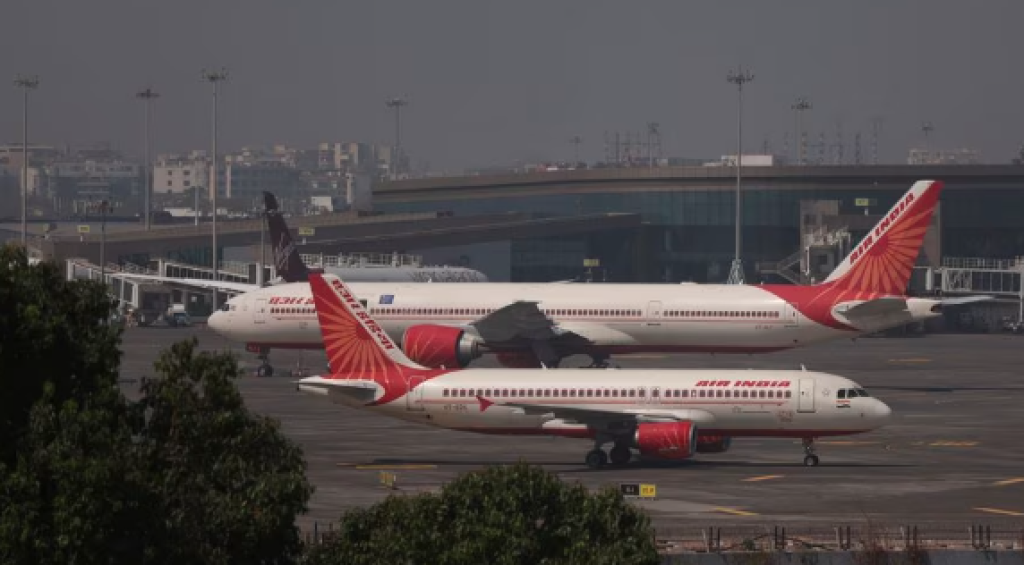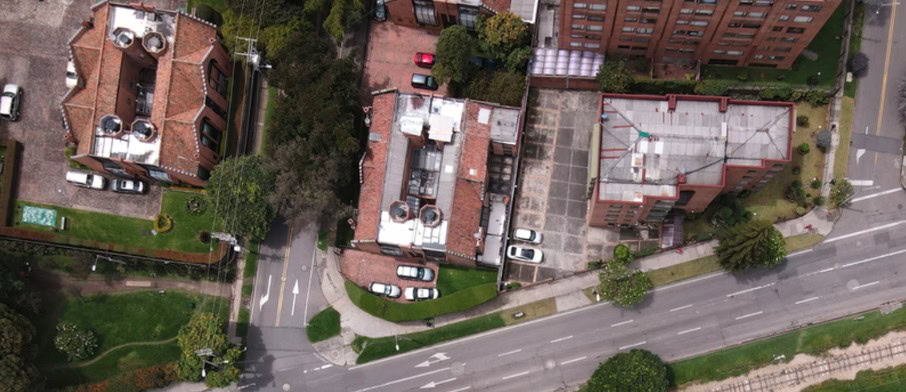Air India unveiled deals on Tuesday for a record 470 jets from Airbus and Boeing, accelerating the rebirth of a national emblem under new owners Tata Group as Europe and the United States hailed deepening economic and political ties with New Delhi.
The provisional deals include 220 planes from Boeing (BA.N) and 250 from Airbus (AIR.PA) and eclipse previous records for a single airline as Air India vies with domestic giant IndiGo to serve what will soon be the world’s largest population.
U.S. President Joe Biden called the agreement “historic”.
The Airbus order includes 210 A320neo narrowbody planes and 40 A350 widebody aircraft, which Air India will use to fly “ultra-long routes”, Tata Chairman N Chandrasekaran said.
Boeing will supply 190 737 MAX, 20 of its 787 Dreamliners and 10 mini-jumbo 777X.
Together with another 25 Airbus jets to be leased to meet immediate needs, the overall acquisition reaches 495 jets, an Airbus executive said.
Reuters exclusively reported in December that Air India was nearing record airplane orders approaching 500 jets.
The airline’s renaissance under the Tata conglomerate aims to capitalise on India’s growing base of fliers and large diaspora across the world.
New CEO Campbell Wilson, is working to revive its reputation as a world-class airline and shake off its image as a tardy, run-down operation with an ageing fleet and poor service.
Indian Prime Minister Narendra Modi and French President Emmanuel Macron highlighted the political and economic importance of a deal involving India’s former flag bearer.
“This important deal shows, along with the deepening of relations between India and France, the successes and aspirations of the civil aviation sector in India,” Modi said.
“This achievement shows that Airbus and all its French partners are fully dedicated to develop new areas of dedication with India,” Macron said during a video presentation.
The aviation deal is expected to have industrial spin-offs, with Macron pledging France will work with India in other sectors.
Chandrasekaran said Airbus and Tata were working on bigger partnerships, including an ambition “to bring in commercial aircraft manufacturing at some point in time in the future”.
Industry sources say India has repeatedly lobbied for Airbus to add a final assembly line in the country, matching a plant in northern China, but that the planemaker has so far rejected the idea on financial and industrial grounds.
INDIA’S GROWING INFLUENCE
Air India’s order tops American Airlines’ (AAL.O) combined deal for 460 Airbus and Boeing planes more than a decade ago.
Even after significant expected discounts, the deal would be worth tens of billions of dollars at a volatile time for plane giants whose jets are again in demand after the pandemic, but who face mounting industrial and environmental pressures.
“It is important for the industry because given the recent turbulence in the China market, the alternative growth market is India,” said independent aviation adviser Bertrand Grabowski.
“India is also sending a strong political signal that it wants to remain attached to the West at a time when it has appeared ambiguous on Russian sanctions,” said Grabowski, a former banker with extensive experience of financing international aviation deals.
The deal includes a major commercial win for engine maker CFM International, a joint venture between General Electric (GE.N) and France’s Safran (SAF.PA). It has been selected to power 210 Airbus narrowbody jets ahead of rival Pratt & Whitney (RTX.N), while bigger planes will be powered by GE or Britain’s Rolls-Royce (RR.L).
British Prime Minister Rishi Sunak said the deal between Air India, Airbus and Rolls-Royce would create new jobs.
Air India, with its maharajah mascot, was once known for its lavishly decorated planes and stellar service but its reputation declined in the mid-2000s as financial troubles mounted.
The record order aims to put Air India in the league of large global airlines and make it an influential customer for planemakers and suppliers at a time when its home market is seeing a strong post-COVID-19 travel surge.
It reflects a strategy to recapture a solid share of trips between India’s diaspora and cities such as New Delhi and Mumbai that are currently dominated by foreign rivals such as Emirates.
It will also put Air India on a stronger footing to compete with domestic rival IndiGo (INGL.NS), which has a majority share of the Indian market and a strong position in regional flights.
Source : Reuters







































































